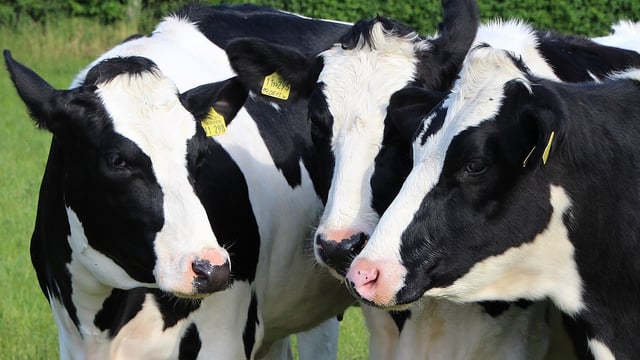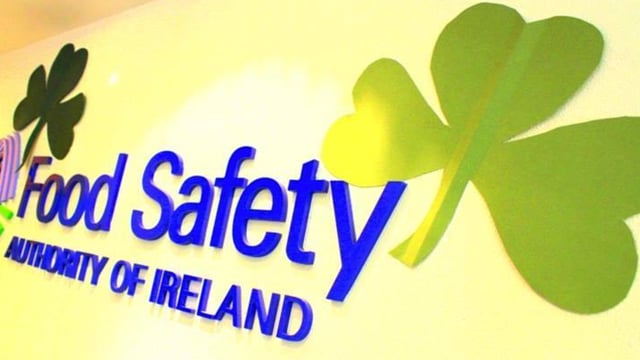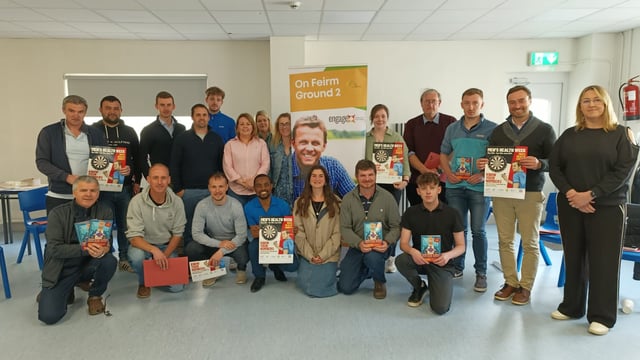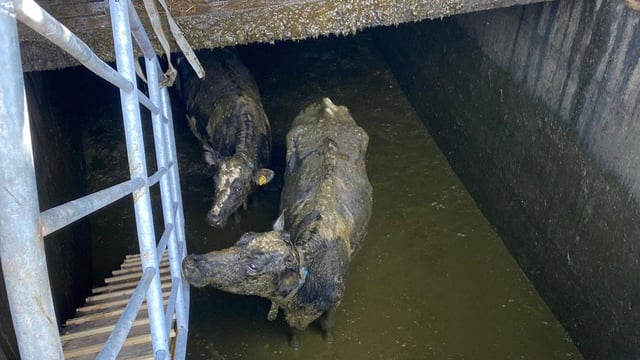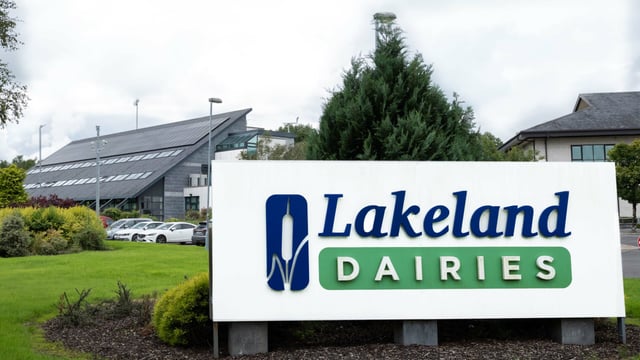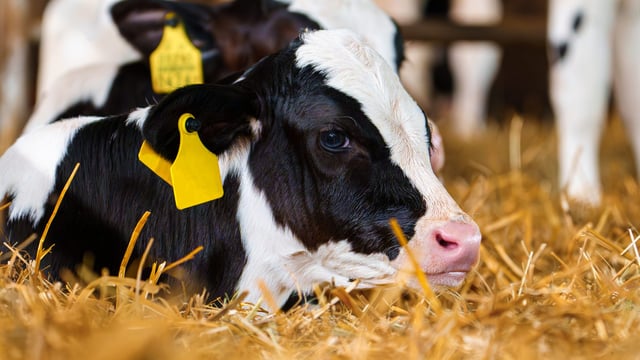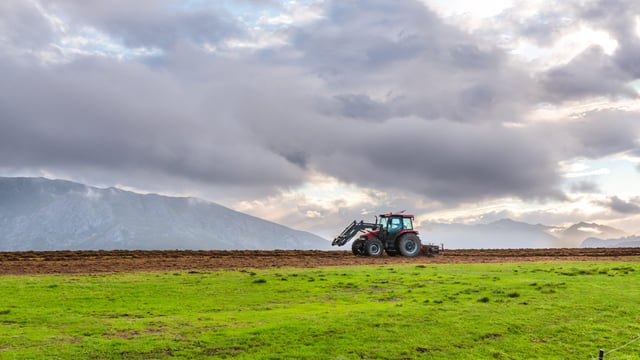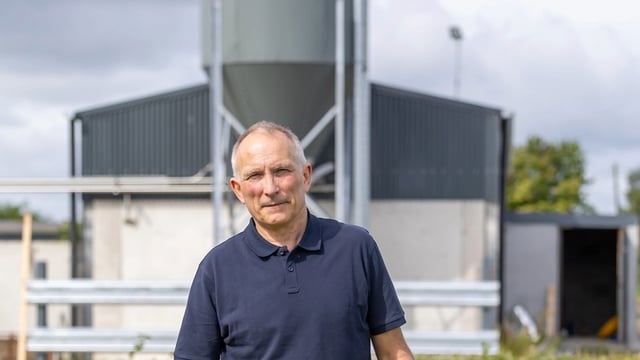No increases to farm plastics recycling levy or collection charges expected for 2026
It is currently envisaged that there will be no increases to either the levy or collection charges for farm plastics recycling for 2026, the Irish Farm Film Producers Group (IFFPG) has said.
IFFPG operates Ireland's approved farm plastics recycling compliance scheme.
It receives the bulk of its funding through the recycling levy which is charged to its members (companies who place farm plastics products on the market), with the remainder provided through a weight-based collection charge to farmers.
The IFFPG has told the Oireachtas Joint Committee on Agriculture and Food this afternoon (Wednesday, November 12) that it employs this funding model to ensure that members contribute the majority of the costs of the scheme, and that there is an incentive for farmers to remove contamination from farm plastics waste.
The IFFPG outlined that the recycling levy, which is charged to members for product they place on the market, is currently at €286 per tonne (equates to €7.44 excluding VAT per roll of standard wrap), while collection charges at the bring-centre are at €120 per tonne.
"It has been necessary to significantly increase both the levy and collection charges in recent years due to the scheme achieving record recycling levels at a time of extremely high recycling costs caused by a number of recent global events," the group said.
"These global events, which greatly disrupted the recycling market and caused costs to soar, included the Chinese ban on all plastic imports in 2018, the covid pandemic and the Russian invasion of Ukraine in 2022."
The IFFPG said the scheme's finances "continue to improve" and it is "currently envisaged that there will be no increases to either the levy or collection charges for 2026".
Collection
The IFFPG collects farm plastics waste through a network of approved collectors, of which there are currently five.
It retains ownership of collected waste from the time it is collected by an approved collector until it is supplied to recyclers, with collectors in effect paid a waste management fee.
"Following the most recent tendering process, IFFPG increased its number of collectors from four to five, with changes made to the territories of three of its existing collectors," IFFPG said.
"While the scheme remains interested in attracting additional collectors to the sector, the niche and seasonal nature of the work limits interest."
Over the last two years, overall storage capacity in the scheme’s collectors’ yards has almost doubled from 24,000 to 45,000 tonnes, according to the group.
Since its establishment in the late 1990s, the IFFPG has recycled more than 500,000 tonnes of farm plastics waste.
Approval
Bernie Kiely, principal officer at the Department of Climate, Energy and the Environment, told the Oirechtas committee meeting that the IFFPG’s current approval is due to expire at the end of 2025.
"It is open to producers to establish an alternative scheme at any time and seekministerial approval under the regulations, should they wish to do so," Kiely said.
"The department is not aware of interest by other groups in applying for ministerial approval."


